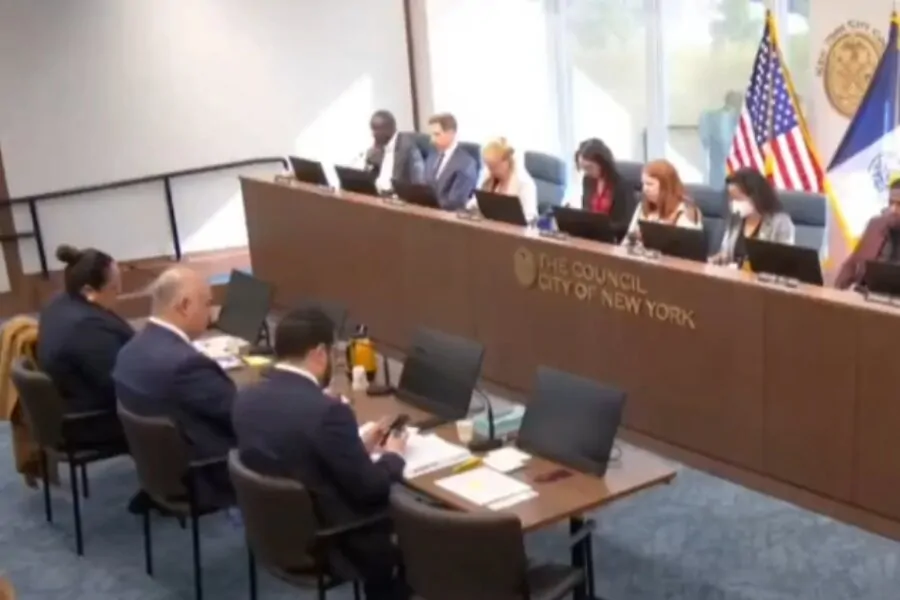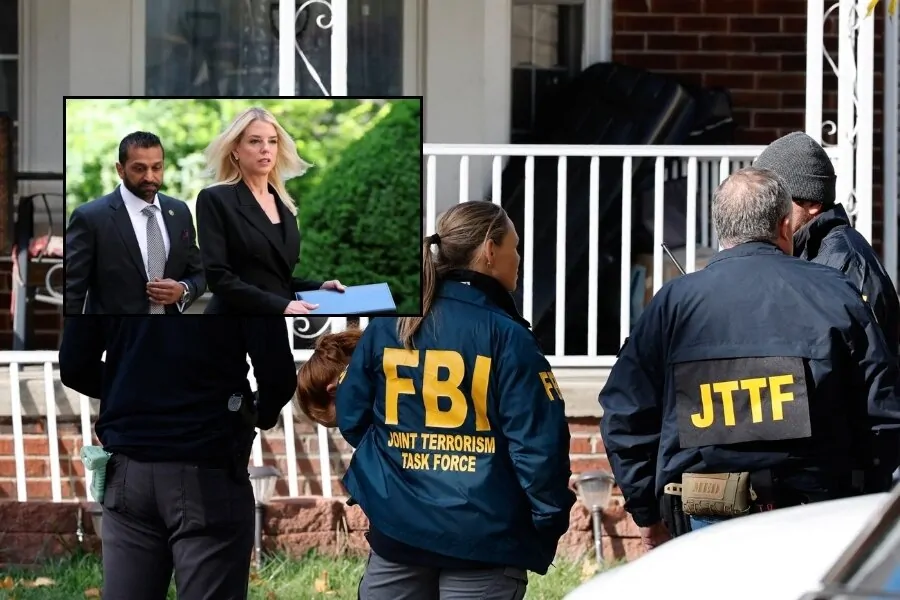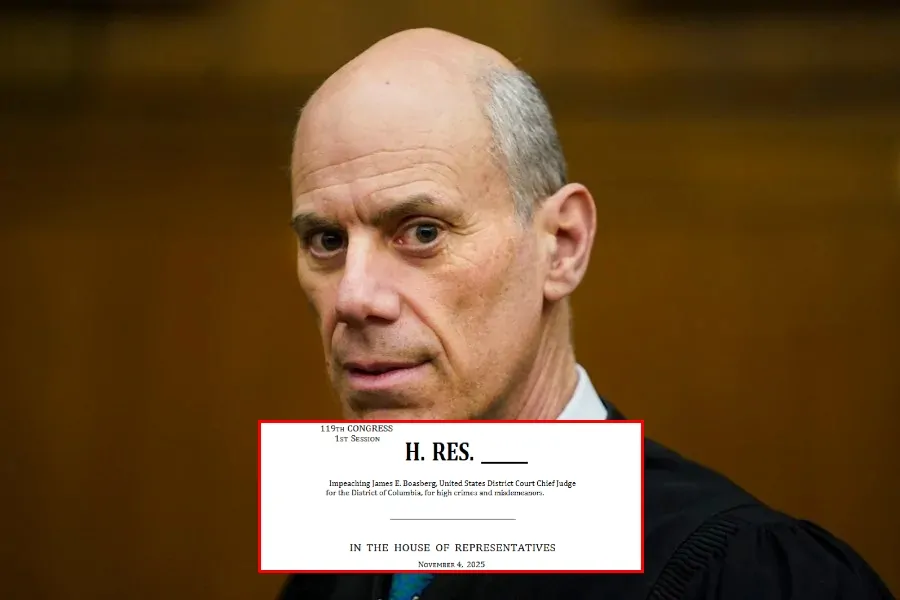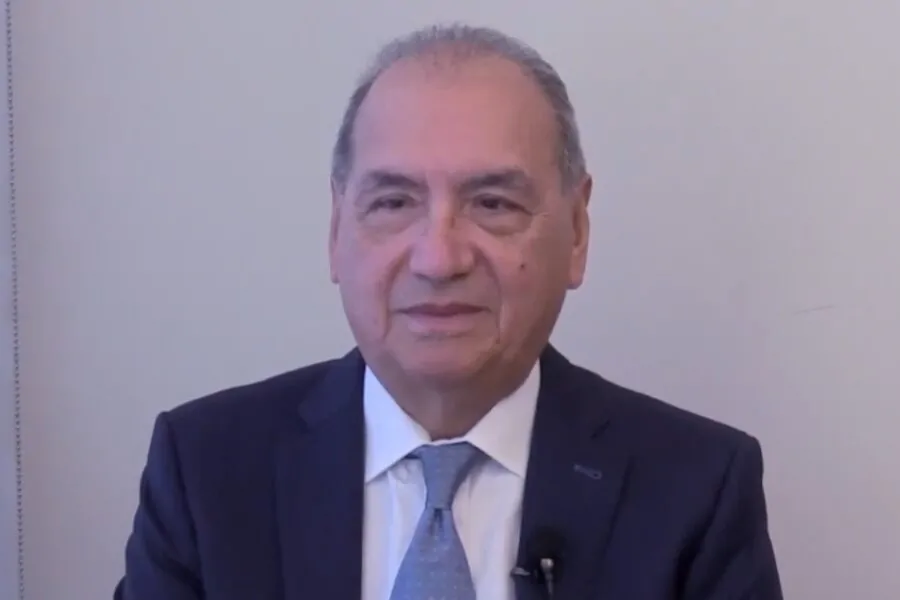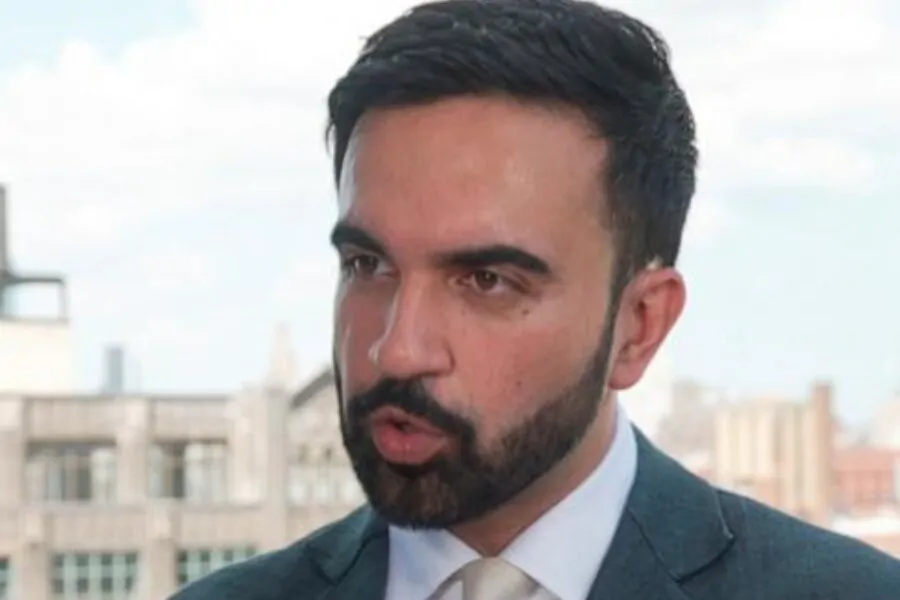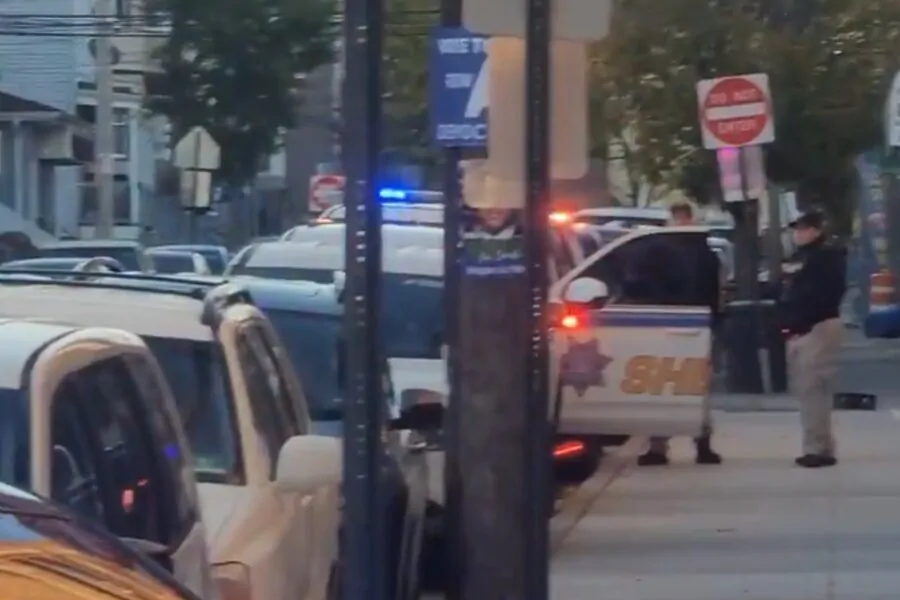A magistrate judge on Wednesday ripped DOJ prosecutors and accused them of a slapdash indictment against James Comey.
A grand jury in the Eastern District of Virginia indicted former FBI Director James Comey in September. He was charged with two counts: making false statements and obstructing a congressional proceeding.
Comey’s false statements charge stems from his September 2020 Senate testimony about whether he authorized leaks to the media. In 2020, James Comey told congressional investigators that he never gave anyone permission to anonymously leak information about Hillary Clinton’s email investigation to the media. However, evidence presented by prosecutors shows that Comey gave his friend-turned-lawyer Daniel Richman permission to leak to The New York Times and encouraged him to do so.
The Justice Department also has other materials related to Comey’s case “on a desk” at FBI headquarters. Comey’s lawyers have accused the DOJ of withholding evidence in violation of the Constitution.
Magistrate Judge William Fitzpatrick scolded prosecutors for their handling of the case and said they had moved too quickly to “indict first, investigate second.”
Fitzpatrick also ordered the Justice Department to provide all grand jury materials to Comey’s attorneys by Thursday.
Comey’s attorneys argue that some of the documents used in the indictment may be privileged.
As reported by CBS News:
A federal judge on Wednesday criticized the Justice Department’s prosecution of former FBI Director James Comey, saying he was concerned by the department’s “highly unusual” handling of the case by moving to “indict first, investigate second.”
Magistrate Judge William Fitzpatrick in Alexandria, Virginia, also ordered the Justice Department to turn over all grand jury evidence and other materials to Comey’s legal team by close of business Thursday, underlining his apparent criticism of federal prosecutors’s actions in the case.
The evidence at issue Wednesday is troves of data that the Justice Department gathered between 2019 and 2020 in a past Justice Department investigation during the first Trump administration known as “Arctic Haze.”
The investigation, detailed in a memo declassified by the bureau earlier this year, sought to figure out how classified details on the FBI’s investigation into Clinton’s use of a private email server made their way into a 2017 New York Times article, which looked at Comey’s decision-making while leading the politically fraught probe. No one was charged in the investigation.
One of Comey’s attorneys, Rebekah Donaleski, said there are four different warrants that were executed on Richman in the “Arctic Haze” investigation that she knows of and evidence returned from those seizures could be used as part of the Justice Department’s case against Comey. She said nobody on Comey’s legal team has been given access to that information yet, and they have not been able to screen that data, which includes hard drives and phone and email records, for potentially privileged information that could have been used in the indictment.
Share your thoughts by scrolling down to leave a comment.


